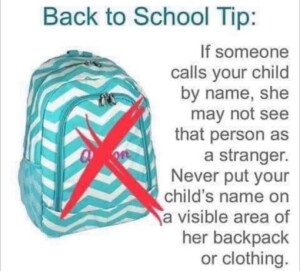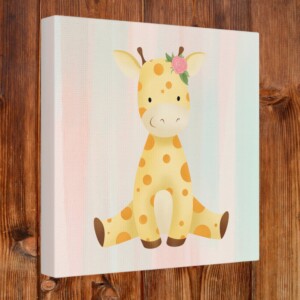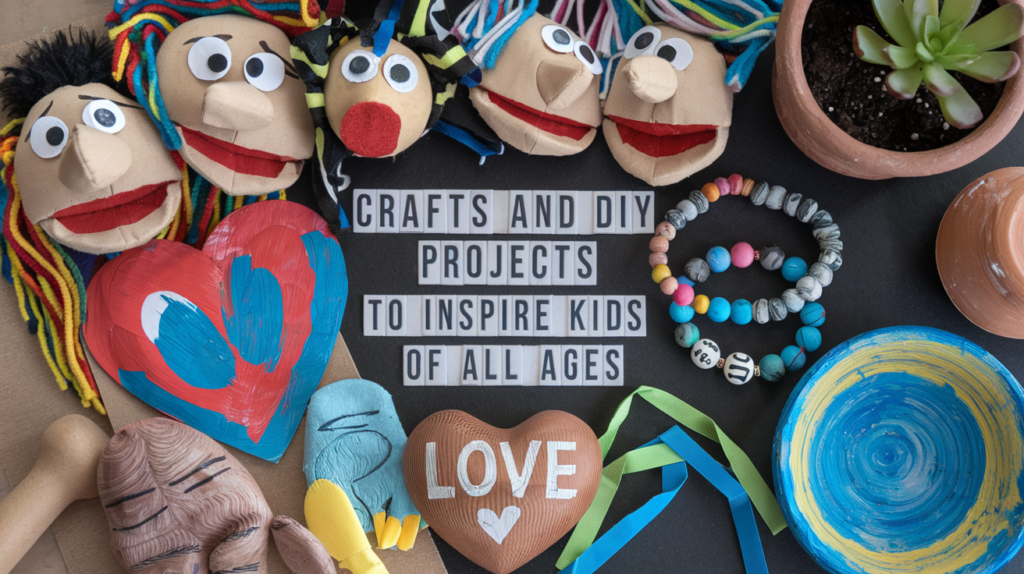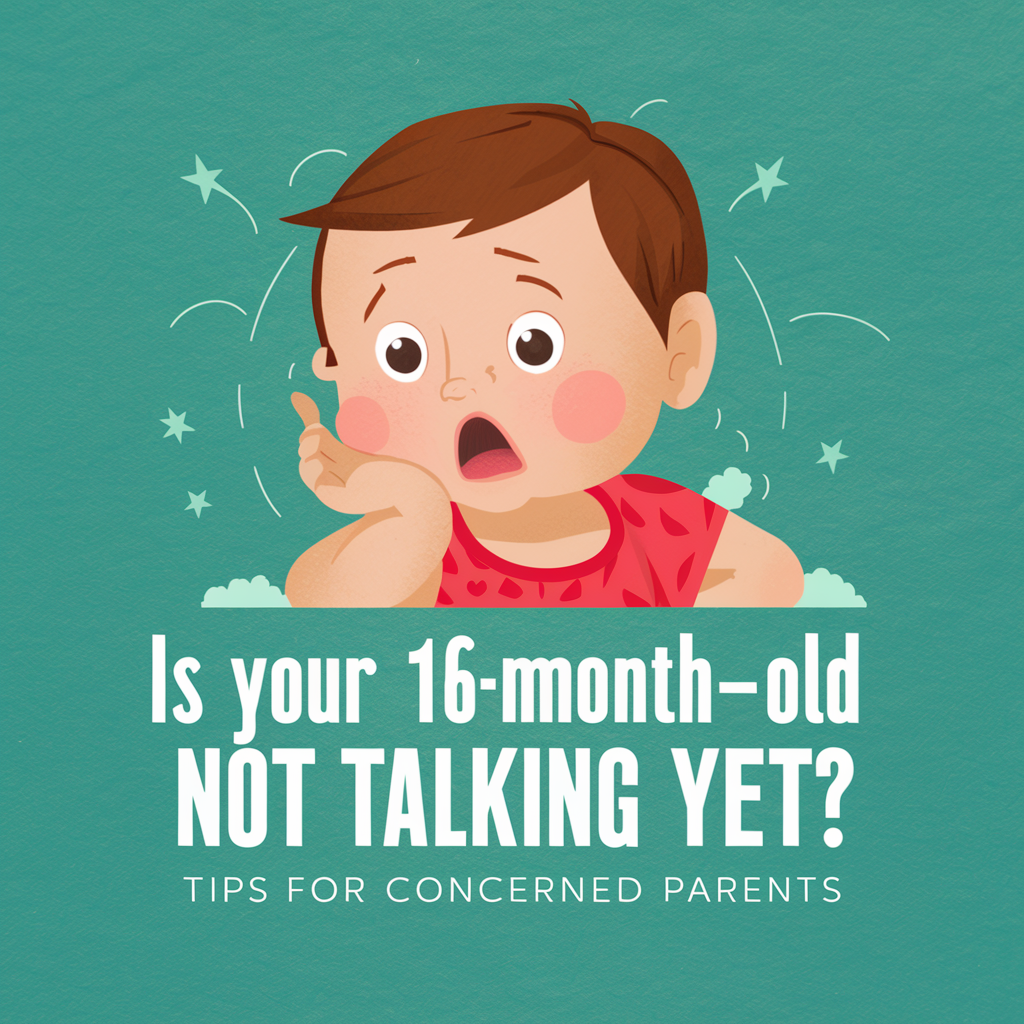
As a parent, watching your child hit developmental milestones is both exhilarating and nerve-wracking. When your first child starts babbling and saying their first words before their first birthday, you can’t help but feel a sense of pride and relief. But what happens when your second child, at 16 months, isn’t really talking? Instead of words, you’re met with screams, mumbles, and an occasional “mama” or “dada.” Suddenly, you’re down the rabbit hole of late-night Google searches, asking, “Is this normal?”
If you’re nodding along, feeling every bit of this scenario, take a deep breath. You’re not alone in this journey. The world of toddler speech development is vast and varied, with each child carving their own unique path. While your older child might have been an early talker, your younger one might just be taking their sweet time, absorbing the world around them in silence before they’re ready to express themselves verbally.
In this article, we’ll dive into the common concerns surrounding a 16-month-old’s speech development, especially in the context of having an older sibling. We’ll explore typical speech milestones for toddlers, the impact of siblings on language development, and why some toddlers might prefer screaming and mumbling to talking. Most importantly, we’ll offer strategies to encourage your little one to start chatting away, reassuring you that in the vast spectrum of ‘normal,’ your child is likely just fine.
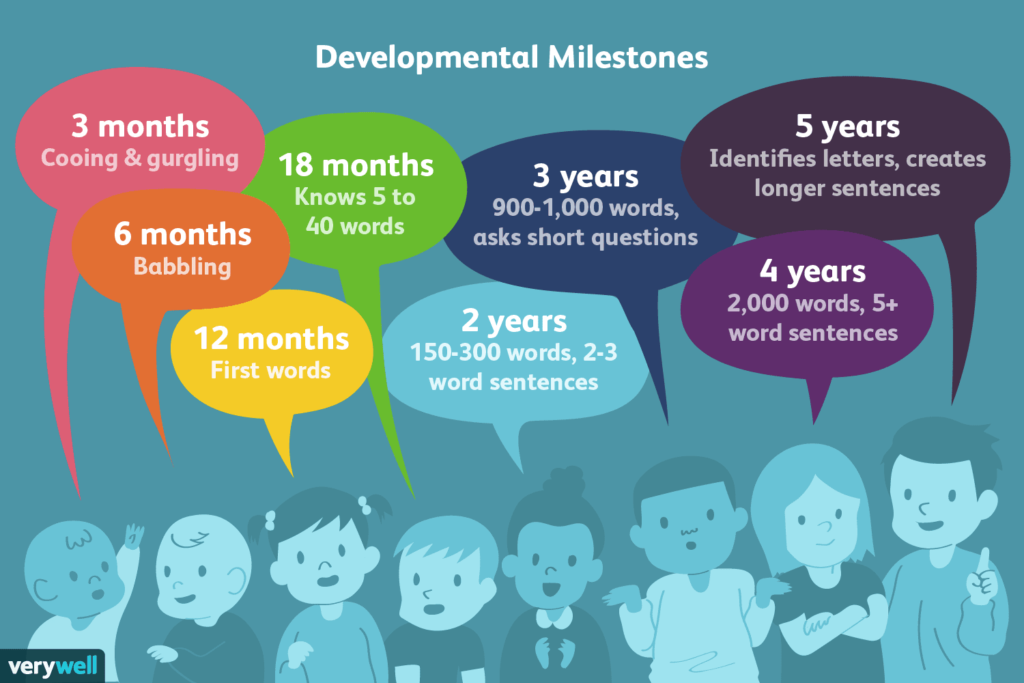
What Are Typical Speech Milestones for Toddlers?
Understanding the typical speech milestones for toddlers can provide a reassuring benchmark for concerned parents. It’s important to remember that, like all developmental milestones, speech and language development can vary widely from child to child. So, what should you generally expect by the time your little one hits the 16-month mark?
By this age, many toddlers can say about 3 to 5 words clearly, besides “mama” and “dada.” These words might not be perfect, but they use them consistently for the same items or people. It’s also common for 16-month-olds to understand much more than they can express. They might follow simple instructions, recognize names of familiar objects, people, and body parts, and show interest in imitating words they hear.
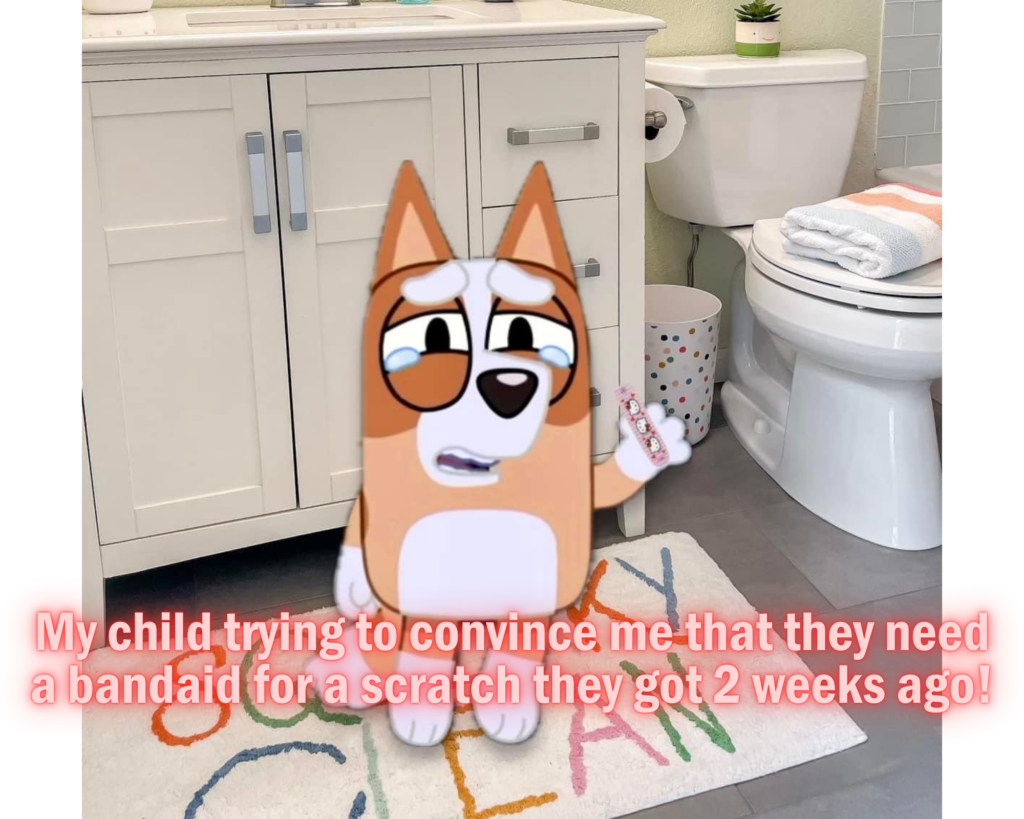
However, it’s crucial to note that not hitting these milestones right at 16 months doesn’t automatically signal a problem. Some toddlers are simply more focused on physical milestones, like walking and climbing, and might start talking a bit later. The presence of an older sibling can also influence a toddler’s speech development in various ways, which we’ll explore in the next section.
Remember, the range of ‘normal’ is broad when it comes to developmental milestones. If your child is engaging with their environment, making eye contact, and attempting to communicate in their own way, these are positive signs of development. For parents worried about their child’s speech progress, keeping track of these milestones and consulting with a pediatrician can offer guidance and peace of mind.

How Does Having an Older Sibling Affect My Toddler’s Speech?
The dynamics of sibling relationships can significantly influence a child’s speech and language development. If your 16-month-old has an older sibling, you might notice differences in their speech development timelines. But how exactly does having an older sibling influence this process?
Learning Through Observation
Toddlers with older siblings often spend a significant amount of time observing and listening to their siblings speak. This can lead to a richer understanding of language, even if it doesn’t immediately translate into verbal expression. They’re soaking up vocabulary, sentence structure, and the nuances of communication just by being part of the family conversations.
The Role of Sibling Interaction
Older siblings can also play a direct role in encouraging language development. They often engage in play that involves talking, singing, and storytelling, which exposes the younger child to a wide range of language skills. However, it’s also common for older siblings to anticipate needs or speak on behalf of the younger child, potentially delaying the younger one’s motivation to speak up.
Encouraging Positive Sibling Dynamics
To harness the positive impact of having an older sibling, encourage interactions that promote language development. Simple activities like reading together, playing interactive games, or having the older sibling teach the younger one new words can be beneficial. It’s about finding a balance where the younger child feels encouraged to participate and express themselves.
For insights into managing sibling dynamics and encouraging positive interactions, exploring Understanding and Managing Toddler Fake Crying: A Parent’s Guide offers valuable strategies that can be applied to various aspects of sibling relationships, including communication and language development. Visit Understanding and Managing Toddler Fake Crying: A Parent’s Guide for more information.
Individual Differences Matter
It’s essential to recognize that each child is unique, and the presence of an older sibling is just one of many factors influencing speech development. While some toddlers might bloom late in their verbal skills, they could be excelling in other areas like motor skills or problem-solving.
If concerns about your toddler’s speech development persist, consulting with a pediatrician or a speech therapist can provide tailored advice and reassurance. Remember, the journey of language development is a marathon, not a sprint, and each child will find their voice in their own time.

Why Does My Toddler Scream and Mumble Instead of Talking?
It’s not uncommon for parents to notice their toddlers expressing themselves through screams, mumbles, or other non-verbal sounds rather than clear words. While this can be a source of concern, it’s often a normal part of the speech and language development process. Let’s explore some reasons behind these behaviors and how you can support your child’s journey toward clear speech.
Expressing Needs and Emotions
Before mastering the art of speech, toddlers often use screams or mumbles as a way to communicate their needs, desires, or frustrations. It’s a direct, if not socially refined, method of expression when words fail them. Understanding this can help parents respond more empathetically and guide their toddlers toward more effective communication methods.
The Developmental Path to Clear Speech
Speech development is a complex process that involves coordinating breathing, vocal cords, and mouth movements, not to mention the cognitive aspect of understanding and forming words. Mumbling or babbling can be signs that your toddler is experimenting with these elements, practicing the intricate dance of speech even if it doesn’t yet result in clear words.

Encouraging Verbal Expression
Encouraging your toddler to move from screams and mumbles to words involves consistent, patient support. Narrating your daily activities together, reading aloud, and engaging in back-and-forth “conversations” can all encourage verbal attempts. Celebrate their efforts, even if the results aren’t perfect, to build confidence and skills.
For more insights into understanding and guiding your toddler’s emotional expressions, consider reading Understanding Children’s Anger: Exploring Reasons Behind Resistance to Simple Tasks. This resource can offer valuable perspectives on navigating the emotional underpinnings of your child’s communication efforts.
When to Seek Help
While a wide range of variation is normal in speech development, there are signs that might indicate it’s time to consult a professional. If your toddler shows little interest in communication, doesn’t respond to sounds, or hasn’t made any verbal attempts by a certain age, reaching out to your pediatrician or a speech therapist can provide clarity and direction.
Remember, every child’s path to clear speech is unique. By understanding the reasons behind your toddler’s screams and mumbles and actively supporting their development, you’re laying the groundwork for effective communication in the future.
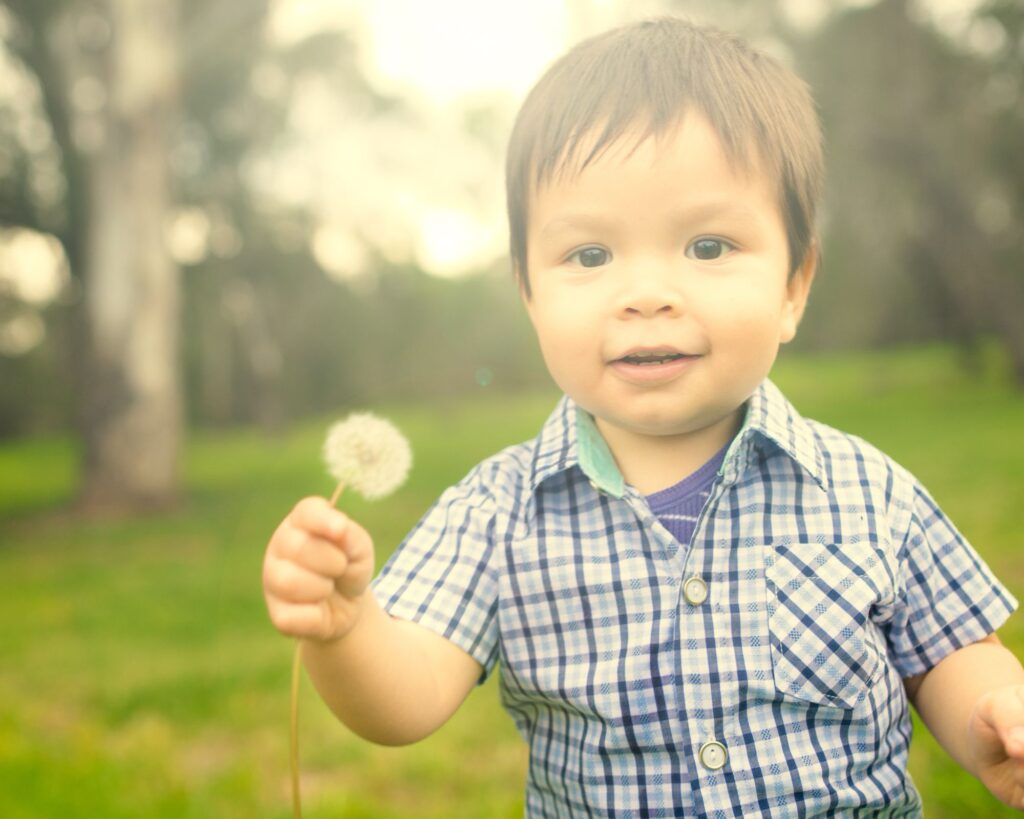
How Can I Encourage My 16-Month-Old to Start Talking?
Encouraging your toddler to start talking involves creating a rich language environment that stimulates their interest in verbal communication. Here are some strategies to help your 16-month-old transition from screams and mumbles to more clear and purposeful words:
Engage in Interactive Play
Playtime is a golden opportunity for language development. Choose interactive toys that encourage role-playing and imagination. For example, a toy sweeper can turn cleaning time into a fun activity that also introduces new vocabulary in a natural setting. Check out The Ultimate Parenting Hack: A Toy Sweeper That Saves Your Back and Time for a toy that combines fun and learning.
Read Together Daily
Reading is one of the most effective ways to expose your child to language. Choose books with colorful pictures and simple, repetitive phrases that invite participation. Point to and name objects as you read, and encourage your toddler to mimic sounds or words.
Simplify Your Language
Use simple, clear words when talking to your toddler. This doesn’t mean baby talk; rather, it’s about breaking down language into manageable pieces for them. For instance, instead of saying, “Do you want to go outside and play?” you might say, “Play outside?” This simplification helps them grasp the essence of the sentence and encourages them to try speaking.
Encourage Imitation
Toddlers learn a lot through imitation. Make animal sounds, sing simple songs, and use gestures along with words. Celebrate any attempt at imitation, even if it’s not perfect, to build their confidence.
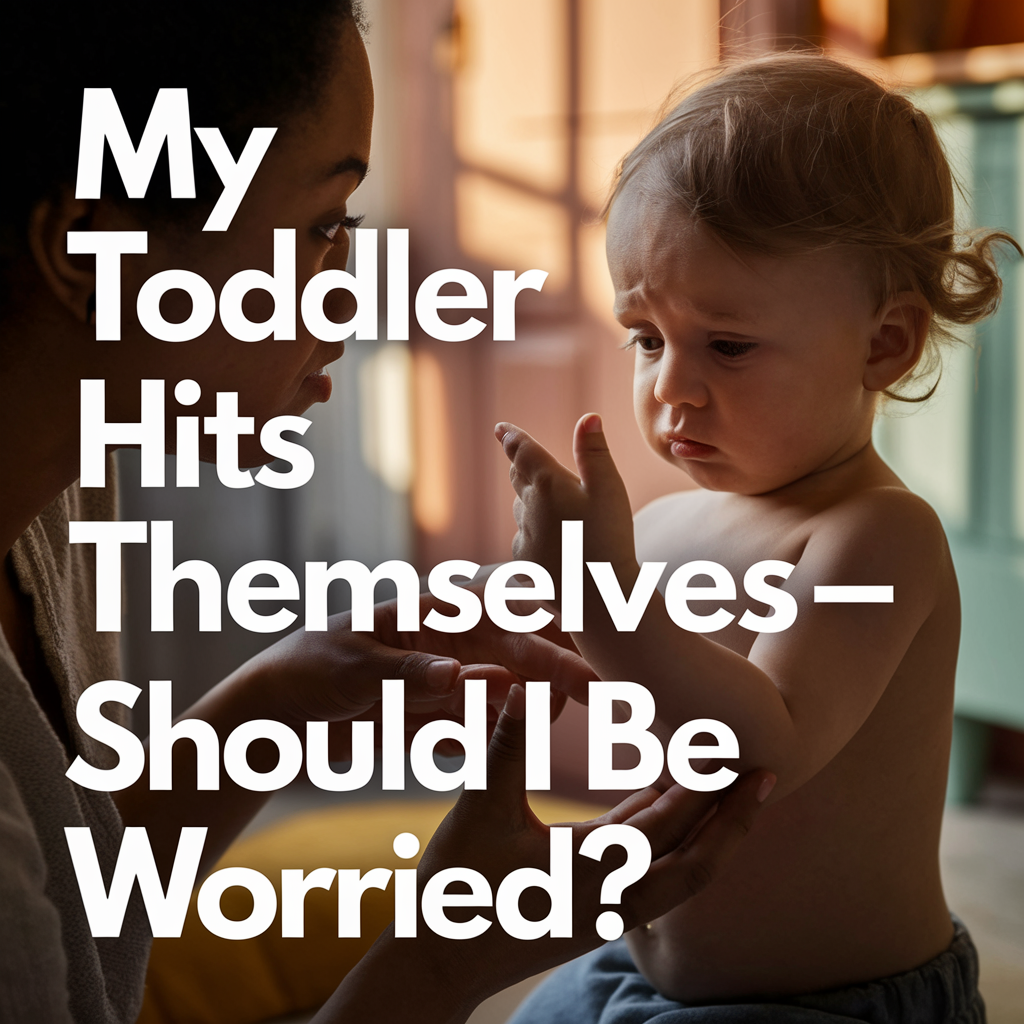
Create a Need to Communicate
Encourage situations where your toddler needs to use words to express their desires. For example, if they want a toy, gently prompt them to say a simple word or sound associated with it. This practice helps them see the value in using words to communicate.
Limit Screen Time
While certain educational programs can be beneficial, nothing beats direct interaction with caregivers for language development. Ensure that screen time doesn’t replace valuable talking and playtime with your child.
Be Patient and Responsive
Every attempt at speech, no matter how unclear, is a step forward. Respond with enthusiasm and, if possible, expand on their attempts. If your toddler says “ball,” you can respond with “Yes, that’s a big, red ball!”
For families looking for more ways to engage their toddlers in meaningful activities that promote speech, exploring options like The Ultimate Guide to the Best Jungle Gym for Kids can provide physical activities that naturally encourage verbal interactions.
Remember, encouraging your toddler to talk is about providing opportunities for them to explore language in a supportive, pressure-free environment. Celebrate the small victories, and enjoy the journey of language development together.

As an Amazon Associate we earn from qualifying purchases through some links in our articles.

